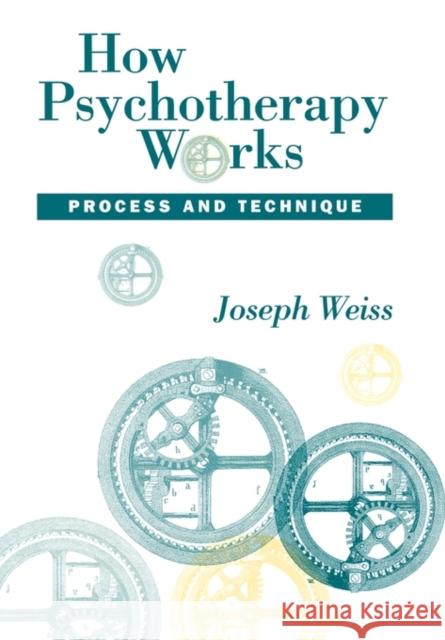How Psychotherapy Works: Process and Technique » książka
How Psychotherapy Works: Process and Technique
ISBN-13: 9780898625486 / Angielski / Twarda / 1993 / 224 str.
Weiss' theory, which is supported by formal, empirical research, assumes that psychopathology stems from unconscious, pathogenic beliefs that the patient acquires by inference from early traumatic experiences. He suffers unconsciously from these beliefs and the feelings of guilt, shame, and remorse that they engender, and he is powerfully motivated unconsciously to change them. According to Weiss's theory, the patient exerts considerable control over unconscious mental life, and he makes and carries out plans for working with the therapist to change his pathogenic beliefs. He works to disprove these beliefs by testing them with the therapist. The theory derives its clinical power not only from its empirical origin and closeness to observation, and also from Weiss's cogent exposition of how to infer, from the patient's history and behavior in treatment, what the patient is trying to accomplish and how the therapist may help. By focusing on fundamental processes, Weiss's observations challenge several current therapeutic dichotomies "supportive versus uncovering," "interactive versus interpretive," and "relational versus analytic."











